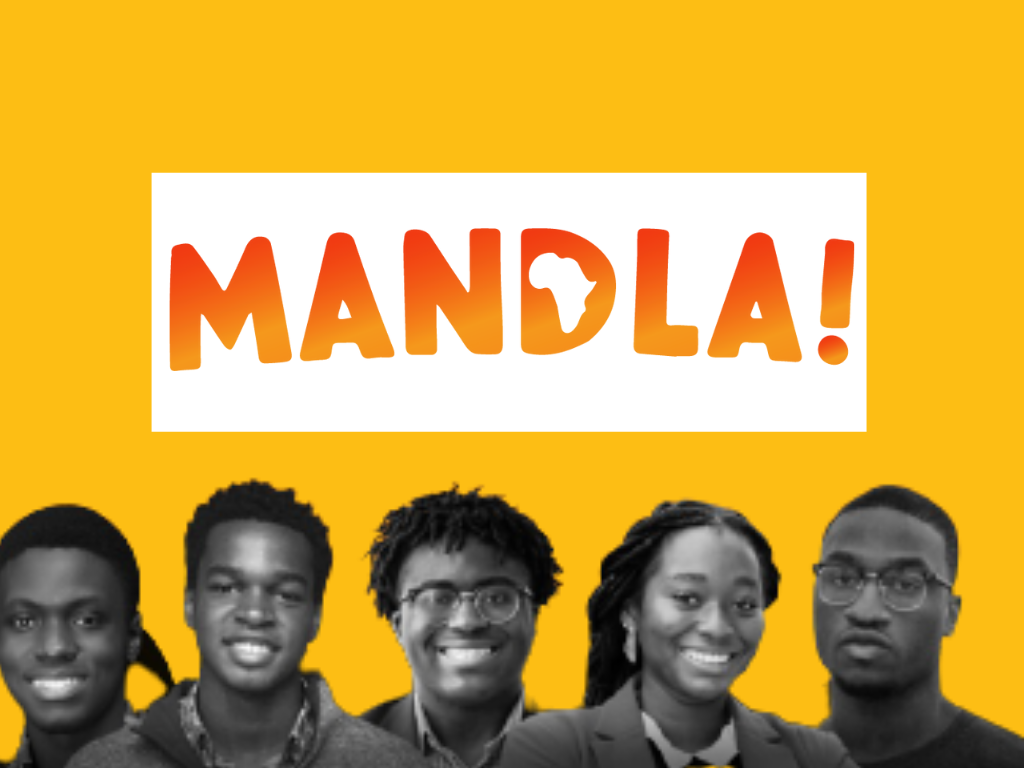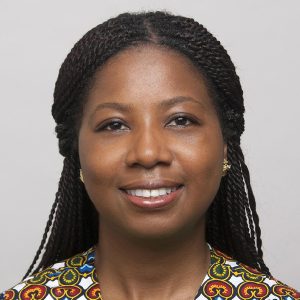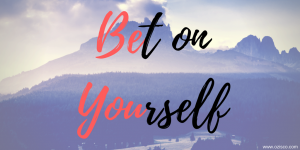If success is getting one person to a level of fluency in their native African language, leading to a deeper connection with family members at home and abroad, then the team at Mandla is successful. The Mandla app, a platform for learning multiple African languages, is currently used by thousands of satisfied users. I took a few Igbo lessons on the app and found it to be beautifully designed, engaging, and intuitive.
The founders behind the Mandla app are passionate about solving the complex problem of preserving African languages in a world where Western languages are the norm for economic and social interaction. They pursue this mission intensely while balancing heavy course workloads from top universities like MIT, Harvard, and Vanderbilt.
Below is an excerpt of my conversation with three of the five founders.

1. Briefly describe your different backgrounds. How did you get the idea for Mandla/what inspired the idea?
General: We are a team of 10 sophomores attending various universities, including Vanderbilt, Harvard, and MIT. We are either first-generation African immigrants who grew up here or diasporans who are currently in America for school.
Inspiration: Our experiences with receptive fluency inspired us to start Mandla. Many of us can understand but not speak our native languages. When we looked for resources to learn, we were disappointed in the results. The results were either poorly designed with terrible UI/UX or costly. We noticed that we were not the only ones with this experience. We found countless communities on social media of people in the same position. Additionally, we realized that many African languages would go extinct soon due to the prioritization of Western languages, and we wanted to help preserve them.
Delanyo: I’m a sophomore at Vanderbilt studying Human and Organizational Development (HOD). First-generation Ghanaian-American. I was inspired to join the Mandla team because I wanted to connect more with my indigenous languages. I am receptively fluent in Ewe and Twi, but I wanted to respond back. Growing up, I had several moments when I would either ask my parents to teach me, and they would say yes and eventually give up after a couple of days, or I would look for ways of self-teaching and not find anything accessible. So I joined Mandla to help remedy this problem for the thousands of diasporans in the same position. I am passionate about making African languages accessible and building a community of people trying to preserve their connection to their cultures.
Wenitte: I’m a sophomore at Vanderbilt majoring in Electrical Engineering and Math. I was born in Burkina Faso and came to America when I was very young. I always looked for Mooré language resources and couldn’t find them growing up. Then, I noticed that many friends from different African countries faced the same issue. I see my life purpose as to use my knowledge and skills to benefit my community, and I saw this as a problem that was accessible to me to solve, so I got to work.
Kwesi: Wenitte recruited me in the earliest stages of building the platform, and since joining, I have worked on several features and new ideas for the app. I was born and raised in Accra and came to America when I was young. I now attend MIT, studying Computer Science. Building resources for learning African languages online was an exciting project for me. Firstly, I’m passionate about languages, and more importantly, I believe that Twi, and to a greater extent, African languages are underserved in that respect. With this in mind, joining was a no-brainer.
2. What has surprised you the most, both good and bad, about your journey thus far building Mandla?
Delanyo: What surprises me the most is the reception. I knew that I was not the only person struggling to learn my native language. But I did not realize that such a massive community is in the same position. Seeing thousands of people liking our posts and engaging with our content online has solidified to me that there is a need for Mandla and that we can be successful.
Wenitte: Mandla is a labor of both love and hate for me. Love for my people and seeing how this is making a positive difference in their lives; hate for the brutal history of colonization and slavery in Africa that has led to something like this even be necessary. I dislike how I’m only fluent in European languages. My dream is for every francophone African country to get rid of the french language one day altogether.
Kwesi: Conceptualizing ideas and seeing them come to fruition – and have a direct impact on our users’ lives – has been the best part, to be honest! Hearing our users’ love for the product and the need it addresses is fulfilling. Also, working on something with a tangible, real-life impact has been enriching. There are no terrible surprises yet, but scaling a product with a grand vision has been challenging.
3. Why is the problem you are solving the most important for this generation?
Delanyo: Our generation wants to (re)connect with the motherland, and Mandla is one way of doing that. Many people want to learn their native languages to preserve their connection to their cultures. We are filling the gap of language learning apps such as Rosetta Stone or Duolingo that are not prioritizing African languages.
Wenitte: Identity is critical. One of the most constant parts of the human experience is figuring out who we are and what we value. This journey is challenging for marginalized communities whose identities and practices have been vilified and demonized for centuries. Language is a central part of one’s identity as a people. In an increasingly digital and hyperconnected age, languages not written or used on the internet will eventually die. Beyond a language learning app, Mandla plans to build a robust database of African language data, create voice recognition tools, and teach indigenous African writing scripts. And ultimately, our long-term goals at Mandla go beyond language. We want to leverage technology to build the future of Africa.
Kwesi: Much like Wenitte, I’ve always seen Mandla as more than a language-learning app, and our ambitions go far beyond that. It’s a great start and one that will only improve in the future, but in working on it, we’ve discovered an even more pressing original problem – the severe lack of African language data. It’s a daunting challenge, but its solution – again, Wenitte referenced – will have many benefits for African language-learning and capacity-building in the 21st century – think news articles, mobile navigation, and so on. We want people to be proud of our languages, and what better way than complete immersion. That’s our end goal—an all-purpose African language tool.
4. How can people learn more about what you’re doing and support your mission?
- Download the app on the Apple App Store and Google Play
- Visit our website and blog to join the community
- Follow us on social media – Instagram, LinkedIn, Twitter, Tik Tok
- Tell your friends about us
5. What is the best piece of actionable advice you’ve received that continues to be a source of inspiration in good times and challenging times?
Delanyo: Growth doesn’t come overnight.
Wenitte: Just do it.
Kwesi: Move fast, break nothing.


